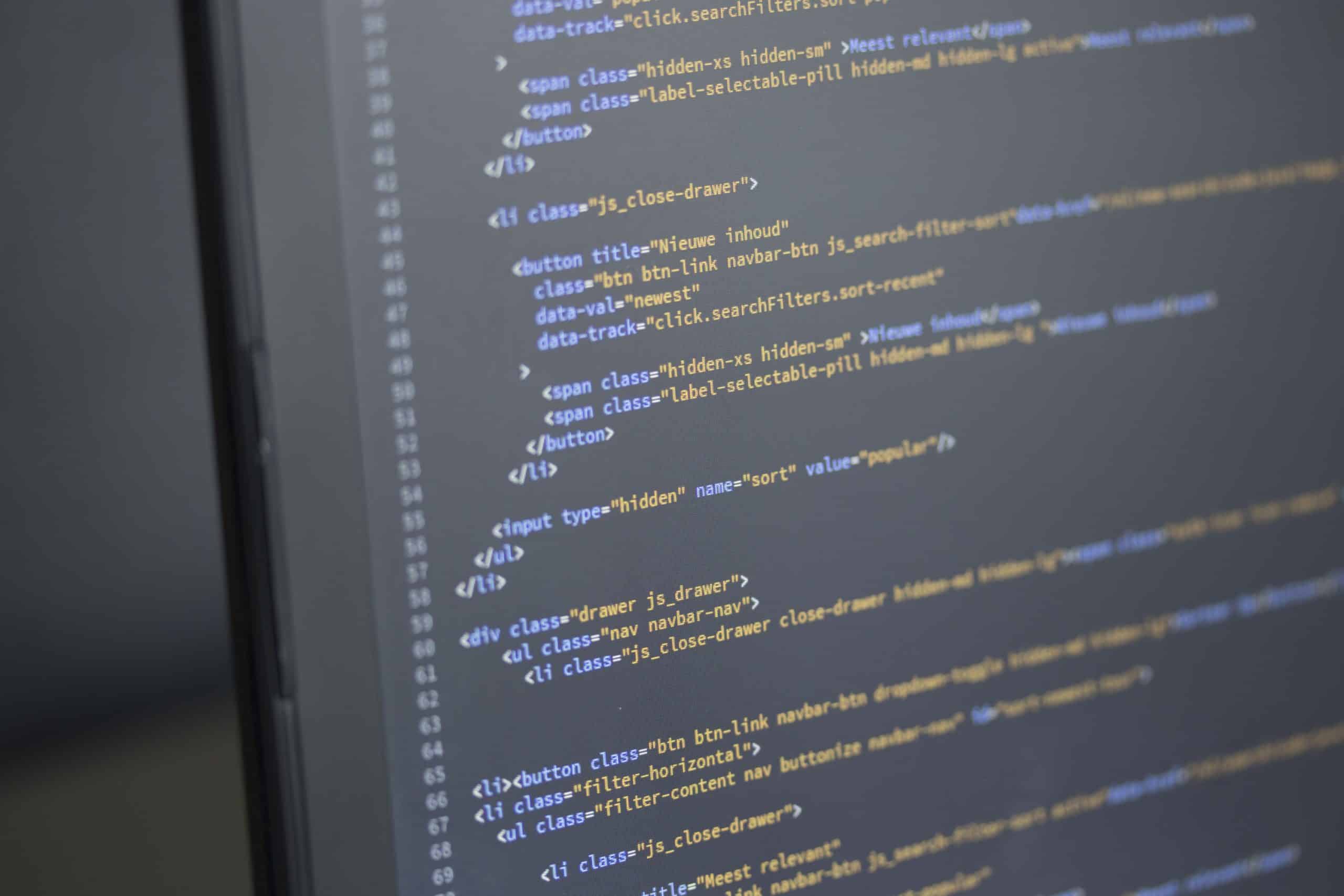In the world of music, one of the most treasured assets for any musician is their hearing. For hours every day, they immerse themselves in a world filled with sound, using their ears as their guiding light and compass. Yet, ironically, this exposure to incessant noise, particularly at high levels, can be detrimental to their hearing health. This is where the expertise of UK audiologists comes into play. They can design hearing conservation programs specifically tailored to protect musicians from the perils of noise-induced hearing loss. Let’s explore how.
Understanding the Risks Involved
When it comes to musicians, their work exposes them to noise levels that can be harmful to their hearing. As a musician, you may be exposed to sounds averaging 85 decibels (dB) for extended periods, or even peak levels reaching up to 100 to 140 dB during performances or rehearsals. Over time, this constant exposure can lead to a gradual loss of hearing.
En parallèle : What are the latest non-surgical methods UK gynecologists are using to treat uterine fibroids?
As audiologists, it’s crucial to not only understand these risks but also educate musicians about them. Providing insights into the possible effects of prolonged exposure to high noise levels can help musicians take steps towards mitigating these risks. For instance, teaching about the usage and importance of hearing protection aids, or the value of regular breaks during long practice sessions can go a long way.
Assessing the Individual’s Hearing Health
Before crafting a hearing conservation program, an initial assessment of the musician’s hearing health is essential. This includes a thorough examination of their hearing levels, any possible hearing loss, and the overall health of their ears.
A voir aussi : What new models of collaborative care can UK mental health professionals explore for treating bipolar disorder?
Audiologists should employ comprehensive testing tools that cover a complete range of frequencies – not just those in the speech range. This is because musicians require a keen sense of hearing across a broader spectrum to work effectively. Furthermore, understanding the musician’s personal listening habits can also offer valuable insights.
Designing Personalised Hearing Conservation Plans
Once the risks are understood and the individual’s hearing health assessed, the next step involves designing a personalised hearing conservation plan. This plan will be based on the musician’s specific needs, exposure levels, and lifestyle.
The plan should include strategies to monitor and manage the musician’s exposure to noise both at work and outside of work. It can range from recommending hearing protection aids to suggesting changes in their working environment. For instance, if a musician consistently works in a high noise level setting, adjusting the layout of the space or using acoustic treatments could potentially reduce exposure.
Implementing and Regularly Reviewing the Plan
The key to a successful hearing conservation program is not only its design but also its implementation and regular review. As a musician, you should actively participate in your hearing health by following the plan rigorously and sharing any concerns or changes in your hearing with your audiologist.
Audiologists should also schedule regular checkups to monitor any changes in the musician’s hearing and make any necessary adjustments to the plan. They should stay updated with the latest research in auditory health and apply it to their practice whenever relevant.
Advocating for Hearing Health in the Music Industry
Lastly, as audiologists, you can play an instrumental role in advocating for better hearing health in the music industry. Collaborate with educators, music venues, and industry organizations to raise awareness about the importance of hearing conservation.
Teaching about the detrimental effects of noise exposure, the significance of hearing protection, and the benefits of regular hearing check-ups can help create a safer environment for all musicians. Encourage music venues and institutions to implement noise controls and offer hearing protection to their employees.
By understanding the risks, assessing individual hearing health, designing personalised plans, implementing and reviewing them regularly, and advocating for hearing health, UK audiologists can design effective hearing conservation programs for musicians. These programs have the potential to not only protect musicians from hearing loss but also enhance their career longevity and overall quality of life. We believe that with your expertise and dedication, the music industry can become a safer place for the ears that create the symphony of sounds we all enjoy.
The Role of Hearing Aids and Other Protective Measures in Musicians’ Hearing Health
A key part of any hearing conservation program for musicians involves the use of hearing aids and other protective measures. As mentioned earlier, musicians are often exposed to noise levels far exceeding the safe limits. This constant noise exposure often leads to hearing loss, making the use of hearing aids a necessity for many.
Hearing aids are beneficial for musicians as they can amplify the sounds that they have difficulty hearing while reducing the sounds that are too loud. However, it’s important that the hearing aids are adjusted correctly to balance the levels of various frequencies. This is where the expertise of audiologists becomes crucial. The hearing aids should be individually tailored to the musician’s specific hearing needs and listening habits, and adjusted over time as their hearing changes.
In addition to hearing aids, other protective measures such as earplugs can be instrumental in preventing further hearing loss. Specialised musician’s earplugs reduce the sound levels evenly across all frequencies, preserving the quality of the music while protecting the musician’s hearing. They can be custom-moulded to the musician’s ears for a comfortable fit and can be worn during rehearsals, performances, and even during leisure time.
Active noise cancellation headphones can also be useful, especially for musicians who often find themselves in noisy environments outside of work. These can significantly reduce the amount of noise exposure, thereby safeguarding the musician’s hearing health.
The Importance of Comprehensive Risk Assessment and Insurance for Musicians
One aspect of hearing conservation that often gets overlooked is the importance of comprehensive risk assessment and insurance for musicians. A detailed risk assessment can identify potential hazards and measure the extent of noise exposure, helping audiologists formulate a more effective hearing conservation plan.
Insurance plays a crucial role as well. Musicians’ insurance policies often cover the costs of hearing aids and other protective gear, as well as regular check-ups and treatments for hearing-related issues. However, not all musicians are aware of the existence of such policies. Audiologists should therefore educate them about these insurance options and assist them in procuring the right kind of coverage.
Moreover, mental health is another aspect that needs attention. Hearing loss can often lead to feelings of frustration and depression. Audiologists should therefore collaborate with mental health professionals to provide comprehensive care and support.
Conclusion: The Way Forward for Hearing Conservation in the Music Industry
The journey towards preventing noise-induced hearing loss in musicians is a long and continuous one. It requires a combination of regular hearing health assessments, personalised hearing conservation plans, implementation of protective measures like hearing aids and earplugs, comprehensive risk assessment, and the right insurance coverage.
Moreover, the role of audiologists extends beyond individual care. They have the responsibility to advocate for hearing health within the music industry. Partnering with music education institutions to incorporate hearing health in their curriculum, encouraging digital distribution platforms to implement safe listening measures, offering legal advice on hearing health related issues, and urging music venues to adhere to safe noise levels are all essential steps towards a safer hearing environment for musicians.
In essence, hearing conservation for musicians isn’t just about protecting their hearing. It’s about ensuring that they can continue to create beautiful music without compromising their quality of life. With dedicated efforts from UK audiologists, musicians, and the music industry as a whole, we can work towards a future where hearing loss is no longer an occupational hazard for musicians.










